Jean-Louis Trintignant is the failing patriarch and Isabelle Huppert his daughter in this satirical dissection of a powerful French construction dynasty from Austrian director Michael Haneke (Amour, Caché).
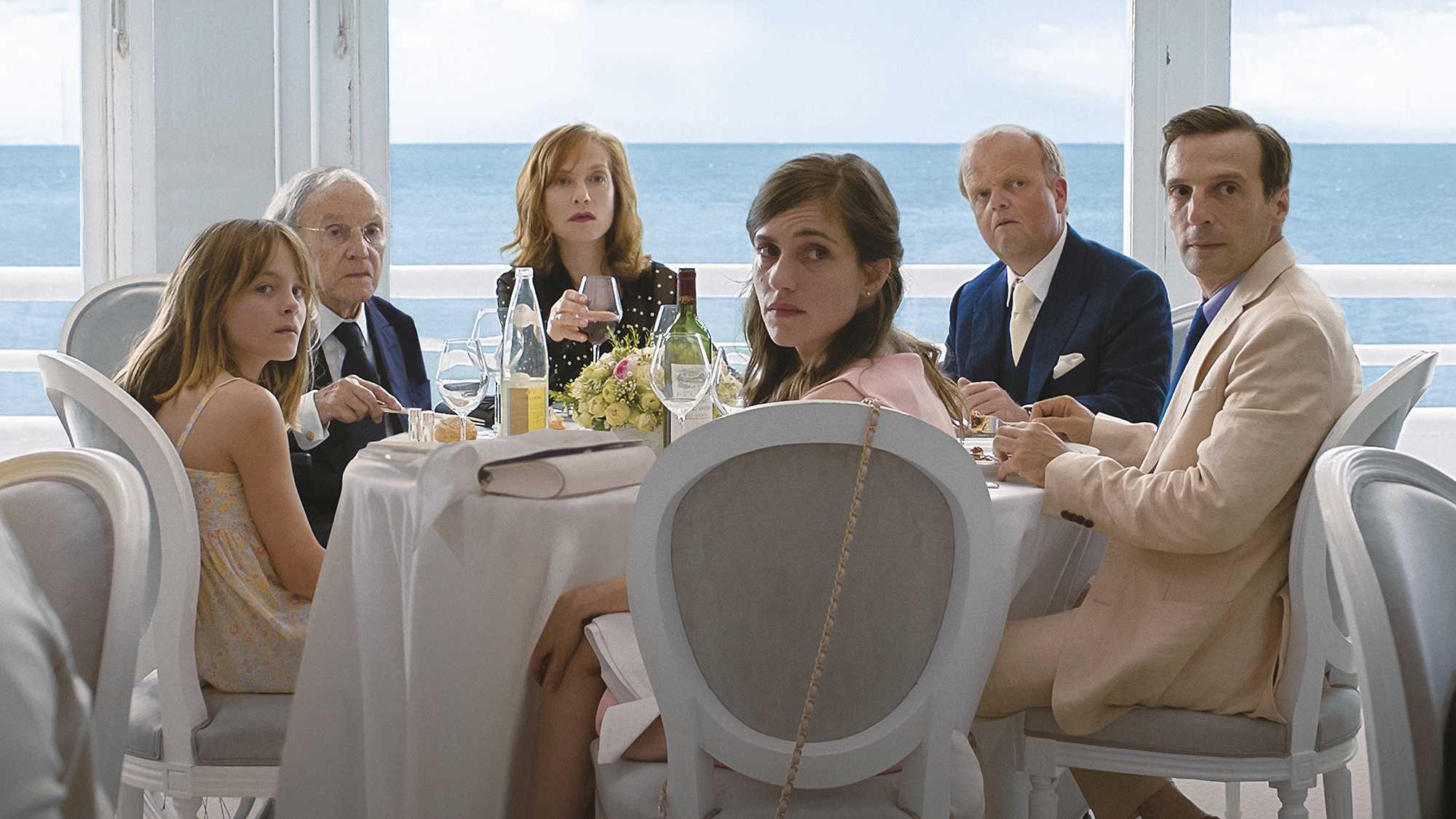
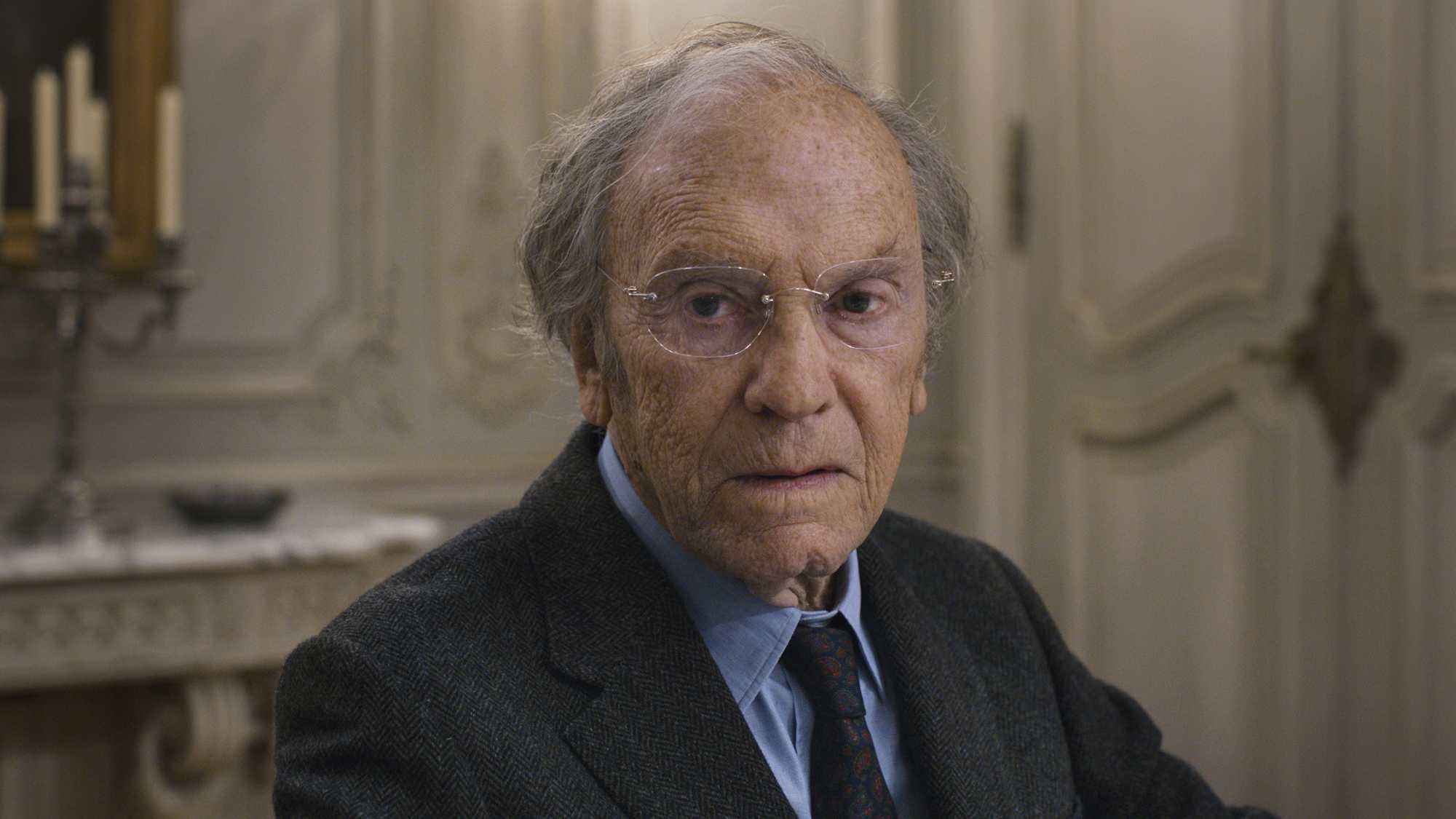
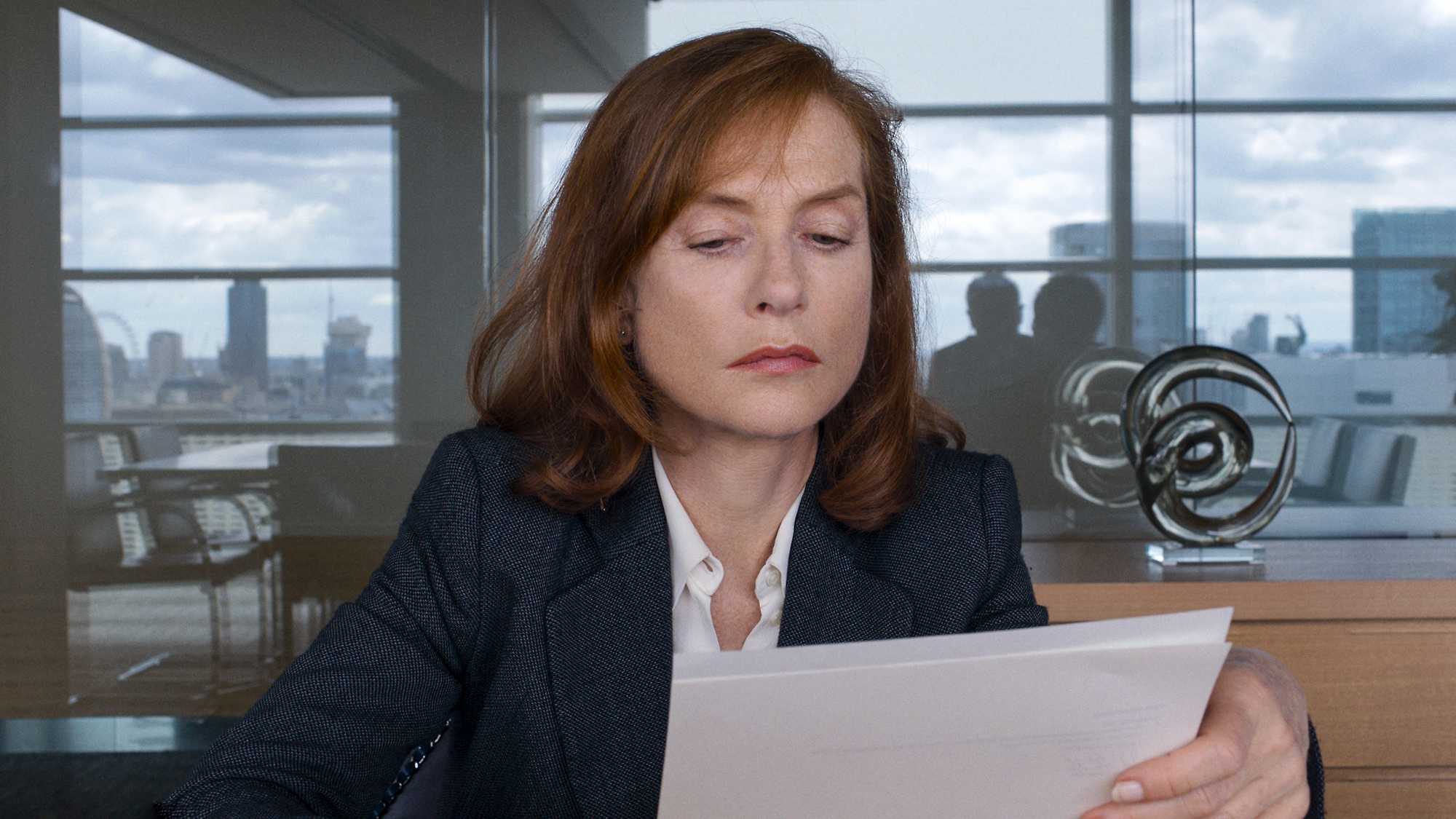
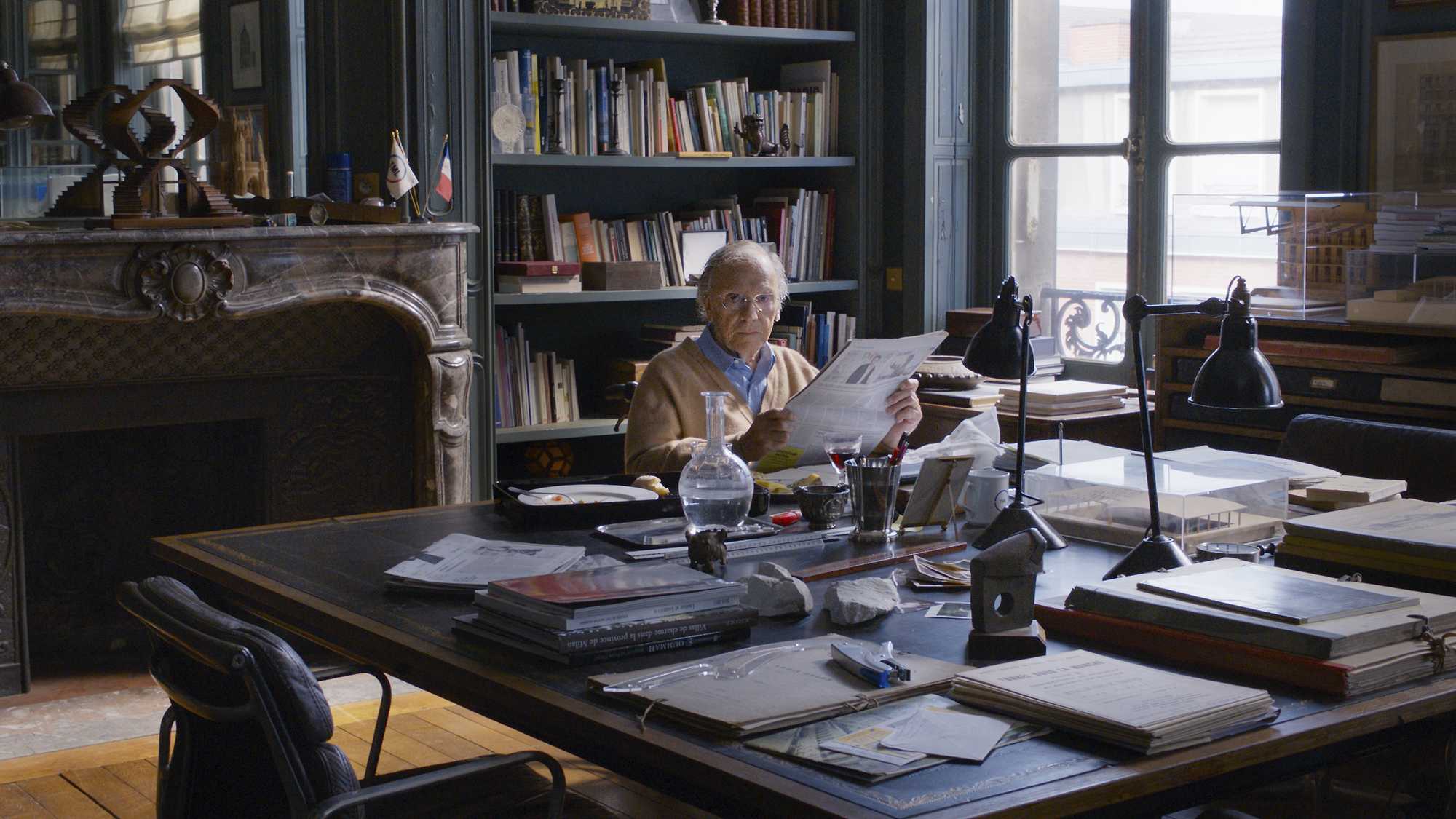
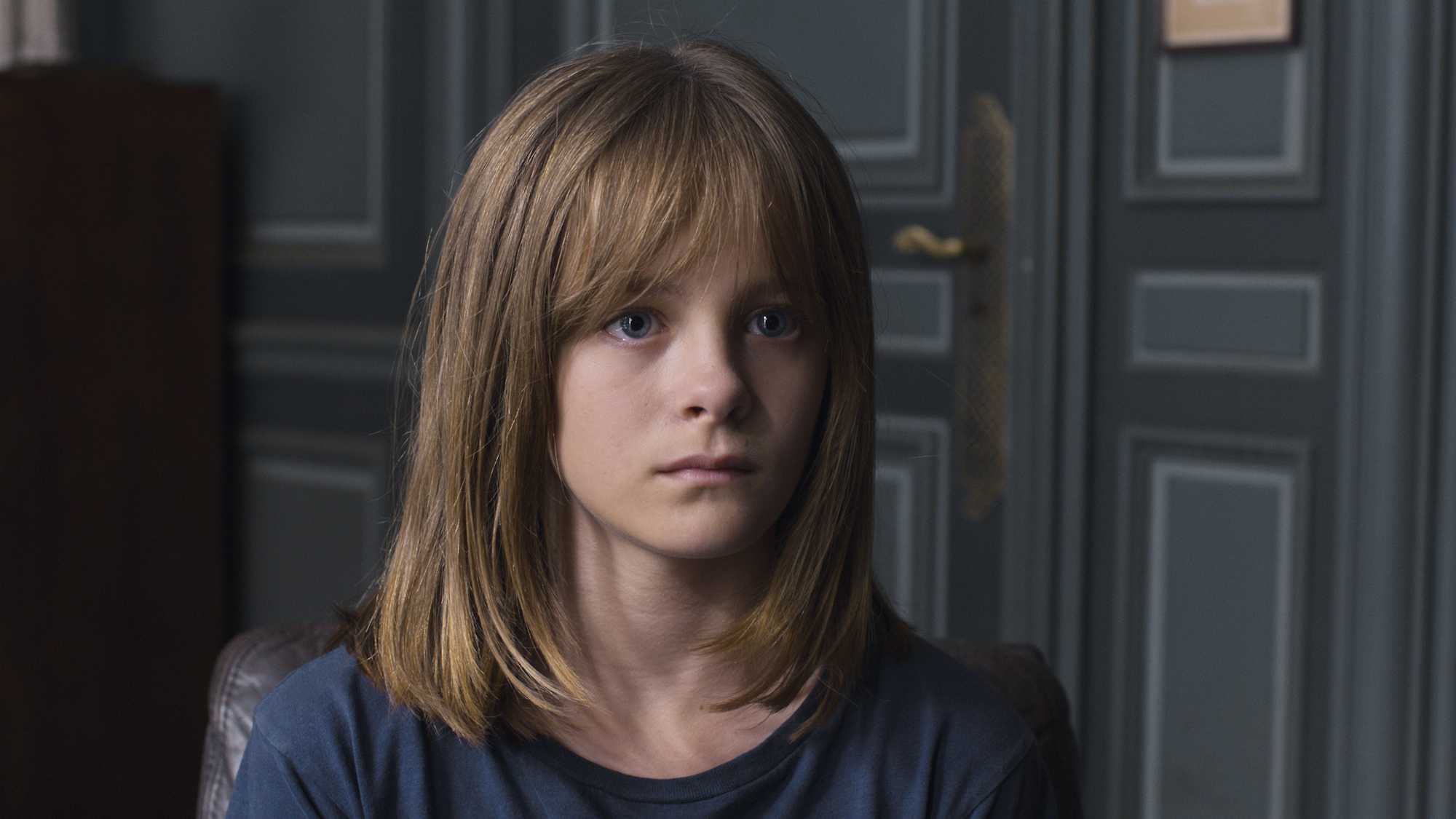
Happy End is a satirical nightmare of haute-bourgeois European prosperity: as stark, brilliant and unforgiving as a halogen light.
Screened as part of NZIFF 2017
Happy End 2017
Happy End sees Michael Haneke, Austria’s micro-surgeon of European decadence, in black comic mode, applying his scalpel to a rich Calais family, the Laurents, who own a construction company and cohabit uneasily in separate apartments housed within a luxurious estate.
“A series of unfortunate events – an overdose (or was it?), a wall collapse on a job site, a suicide attempt – sends the family spinning, and Haneke mines strange comedy out of the Laurents’ relatively emotionless, passive reactions. The various narrative threads don’t so much come together as they do flutter on the same sinister wind...
Happy End is as amusingly inscrutable and coy about its themes as his masterful 2005 creeper Caché was. But Happy End is a wryer work, a grim satire that skewers the isolation of modern technology and the moral failings of polite society with a grave face. Haneke has assembled a stellar cast to illustrate all this, including a typically laser-focused Isabelle Huppert as the head of the family company, her Amour co-star Jean-Louis Trintignant as the family’s senile, fatalist patriarch, and a striking Fantine Harduin as Eve, a young scion of the family who may be the most dangerous one of all.”— Richard Lawson, Vanity Fair
“For a satire on bourgeois values that essentially sees privilege as a terminal disease whose symptoms include boredom, indolence, alienation, lovelessness, pettiness and perhaps even sociopathy, and to which the only honest response is suicide or euthanasia, it’s very funny.”— Jessica Kiang, Sight & Sound